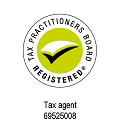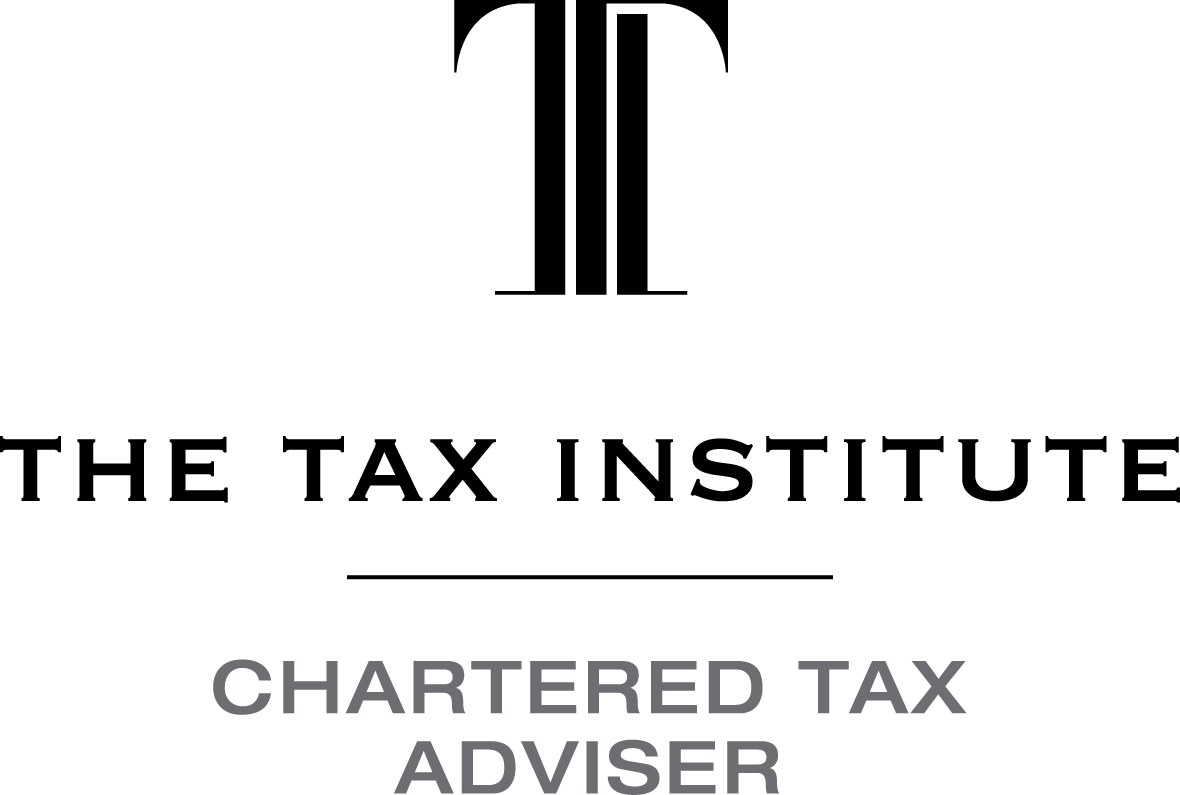Why you need to think about estate planning
They say there are two things that are certain in life – taxes and death. Daunting as the latter may be, it is vital to devise an estate plan. All it takes is good advice, advanced planning and some serious thought. A complete estate plan will allow you to protect your hard-earned assets, determine who will make decisions on your behalf should you be unable to, and distribute certain assets to certain people. This benefits not only you, but also your family members who will not suffer financially or undergo irrevocable fallouts. We outline the various steps that need to be considered in estate planning below.
What counts as an 'estate'?
All assets of any value constitute your "estate". This includes property, business and farm interests, investments, superannuation, life insurance proceeds, personal property, art and other collectables, cash, antiques and so forth. Note: assets owned under a joint tenancy arrangement will pass to the surviving joint tenant(s) upon death.
Who needs to plan their estate?
The amount of planning required depends on your stage in life. If you have dependants, own anything of value or have financially complicated affairs, it is crucial to plan your estate. A plan should be reviewed periodically or when your circumstances change – such as when you buy a house, get married or divorced, have children or stepchildren, or go in or out of business.
Things to think about
You should formulate your estate plan by taking into consideration the fair market value of your assets, how you own them, how much income they produce, their growth potential, their liquidity, and which assets should be passed to specific individuals It is important to consider the following when you plan your estate:
- personal and financial goals
- asset protection
- minimisation and deferral of tax liabilities
- planning for illness or incapacity
- selection of guardians and personal representatives
- how to manage and distribute any assets to minors under the age of 18, and
- succession strategies for family businesses.
Estate planning checklist
Use the checklist below to help clarify what you would like to happen to your estate:
- Do you have a valid, legal will? For a will to be legally valid, it must be in writing and witnessed in the proper manner.
- Is it up-to-date?
- Does it nominate a guardian for your children if they are under 18, and does it cover children from previous relationships?
- Has it taken into account your wishes for any specific assets, or specific beneficiaries?
- Have you appointed an executor?
- Are they a good choice – can you trust them?
- Can they handle the emotional and time demands as well as the ongoing administrative tasks?
- Do they have the necessary financial and legal knowledge?
- Do they understand that they are financially liable for any mistakes they make in the administration of your estate?
- If you're unsure about your executor, have you considered choosing a "professional" executor such as an accountant?
- Have you determined whether a power of attorney is required and who should be appointed in that role?
- Do you have a complex family situation? Any family that involves marriage, divorce, merged families or disabled family members requires careful planning.
- Have you nominated beneficiaries in any funds you might have, such as super or life insurance funds?
- Have you made a binding death benefit nomination? This removes any uncertainty about who receives your super and allows you to say how you want your retirement savings distributed.
- Have you left instructions with your executor for funeral arrangements and organ donation?
- Does your spouse, children or executor know the contact details of financial, legal or professional advisers you may have been dealing with?
- Are there any debts that will need finalising?
- Does your estate plan incorporate the possibility of someone making a claim on your estate?
- Have you considered how the capital gains and land taxes as well as various state and territory duties might affect the value of your estate?
- Does your business have a succession plan
What to do if you have a business
It is wise to consider succession planning in the aftermath of your death if you have a business. What will happen to your business when you die? Who will take over? Will your family be compensated for any stake in the business? Will the business continue or close? A good succession plan should prepare for any and all of these scenarios to ensure your business is managed according to your wishes and your family is financially secure.
If you want to sell your business, decide if you want to sell the shares in the company through which the business operates, or only the assets of the business - there can be differing tax consequences from each. The tax consequences would differ yet again if the business structure is a trust or partnership rather than a company. Consult this office about the various options.
Remember also that the treatment of benefits from the super fund will need to be dealt with if there is a self-managed superannuation fund (SMSF) which includes business assets.
Talk to a professional
Sorting out the contents of your estate can be complicated – especially where family discretionary trusts, SMSFs, private companies, jointly held assets or other financial and personal interests are involved. We can help you ensure your assets are dealt with properly through an easily administered and comprehensive estate plan. Speak to this office if you need help with your estate planning.
ADDRESS
82 High Street
North Rockhampton
QLD 4701
Australia
CALL US
EMAIL US
 CPA
CPA
 Tax Agent
Tax Agent
 Xero Silver Partner
Xero Silver Partner
 Tax Institute
Tax Institute
 NTAA
NTAA
 Reckon
Reckon
 MYOB
MYOB
Liability limited by a scheme approved under Professional Standards Legislation

